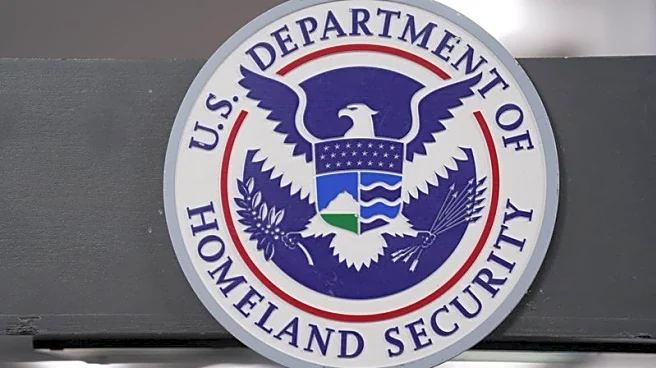What's Happening?
The United States remains the only country that has not ratified the U.N. Convention on the Rights of the Child, a treaty that outlines the fundamental rights of children and has been ratified by 196 countries.
Despite playing a role in drafting the Convention and signing it in 1995, the U.S. has not made it law, citing concerns over sovereignty. The Convention, which entered into force 35 years ago, is the most widely ratified human rights treaty in history. Advocates argue that ratification could guide U.S. policy and improve children's well-being, while opponents fear it would undermine U.S. sovereignty.
Why It's Important?
The refusal to ratify the Convention raises questions about the U.S.'s commitment to children's rights, especially as the country faces issues like school shootings and firearm-related injuries among children. Ratification could align U.S. policies with international standards, potentially improving conditions for children and restoring the country's moral leadership globally. The debate highlights the tension between national sovereignty and international human rights obligations, with implications for U.S. domestic policy and its global reputation.











